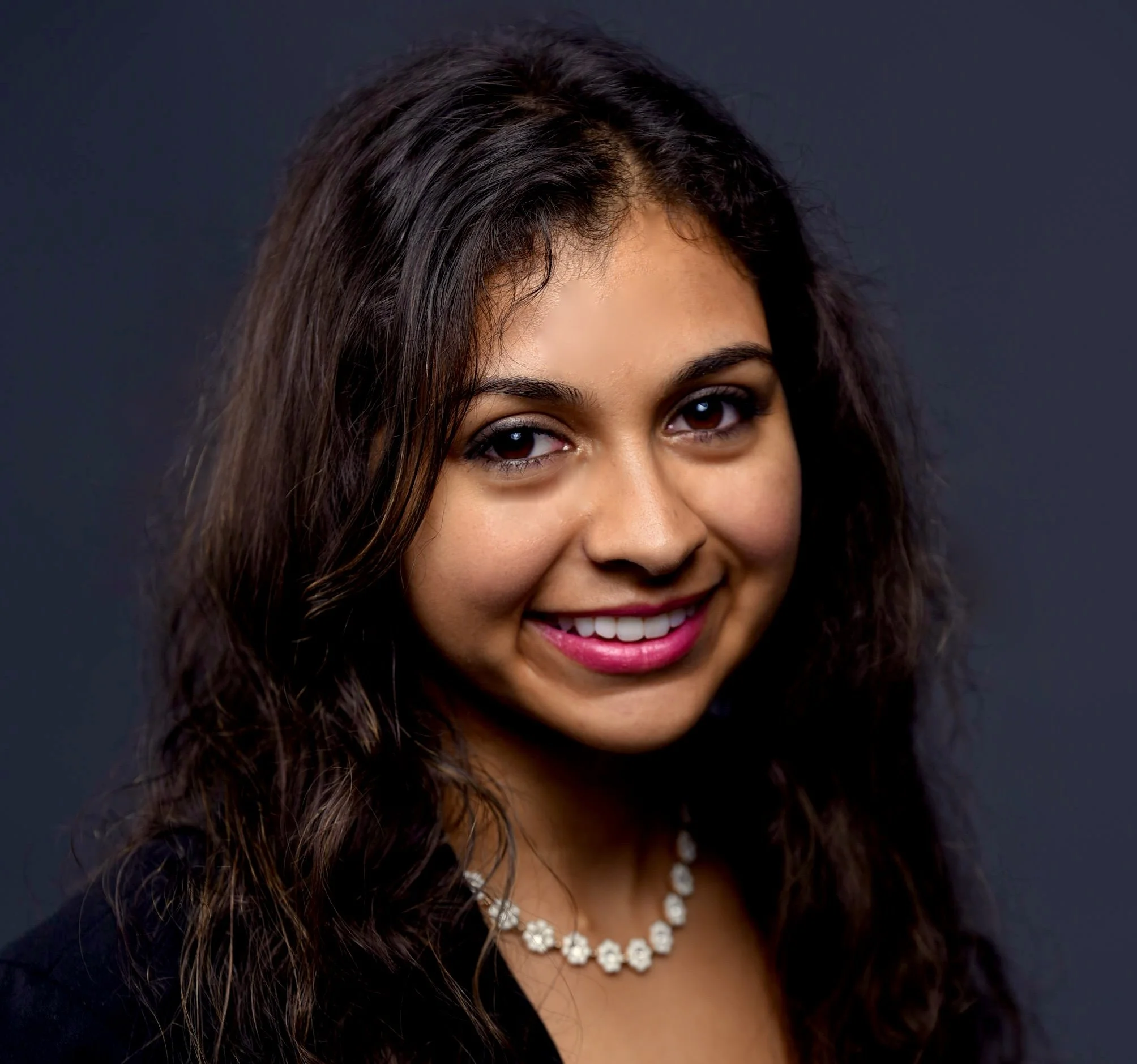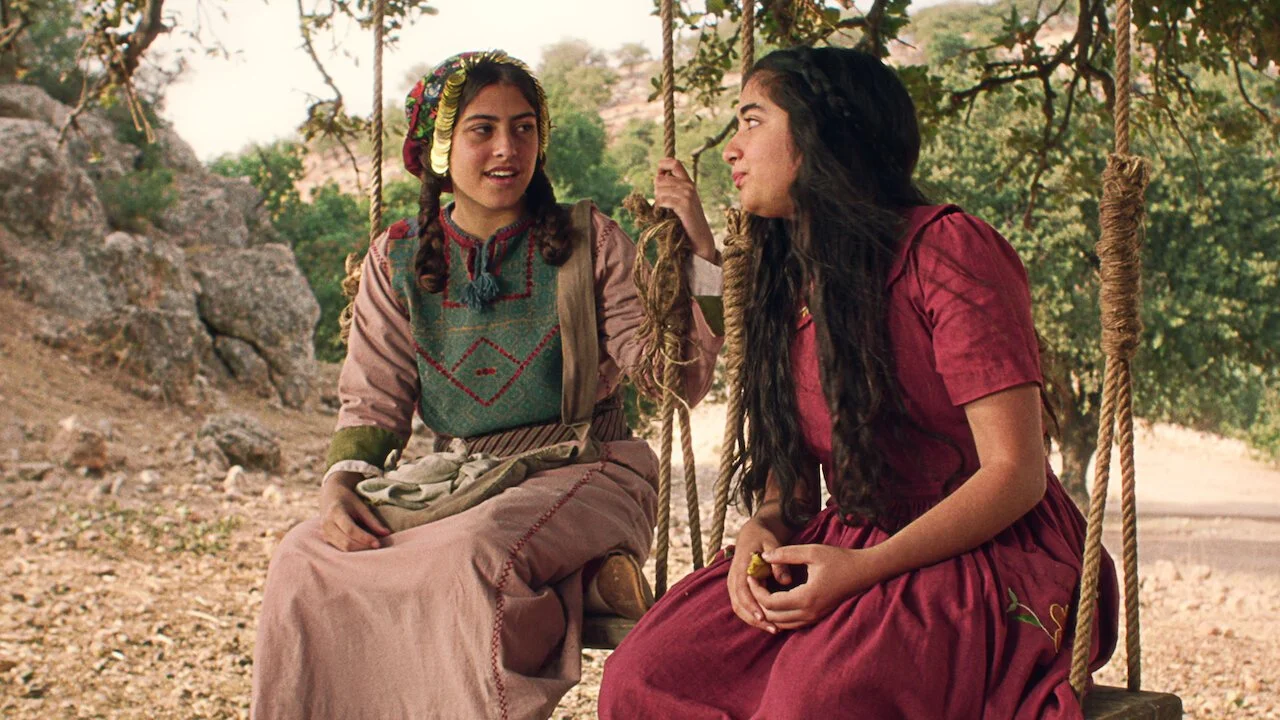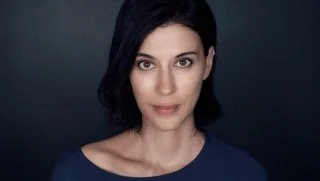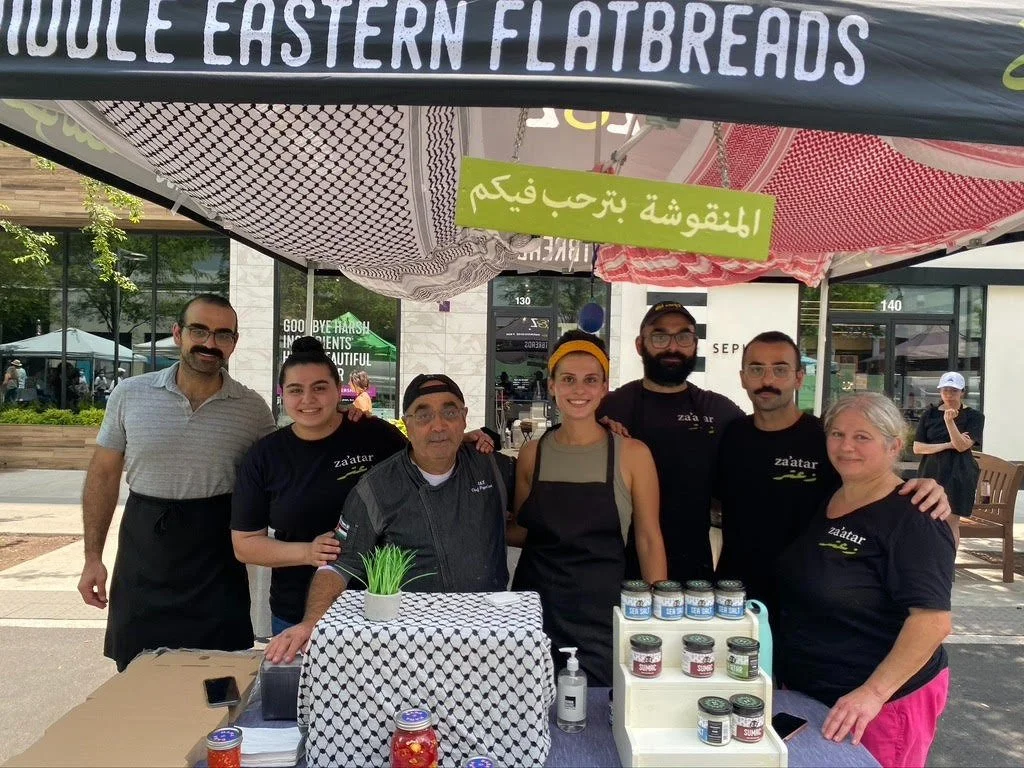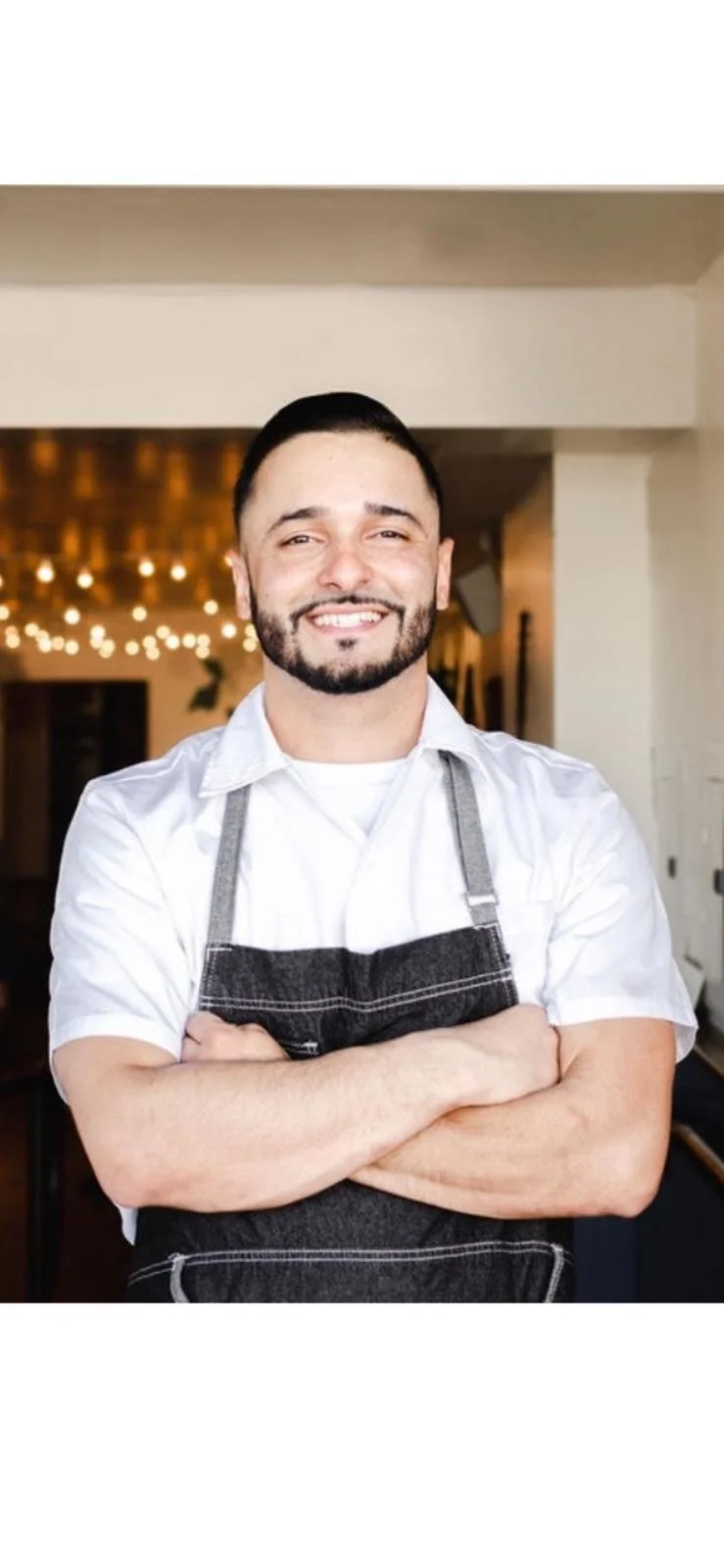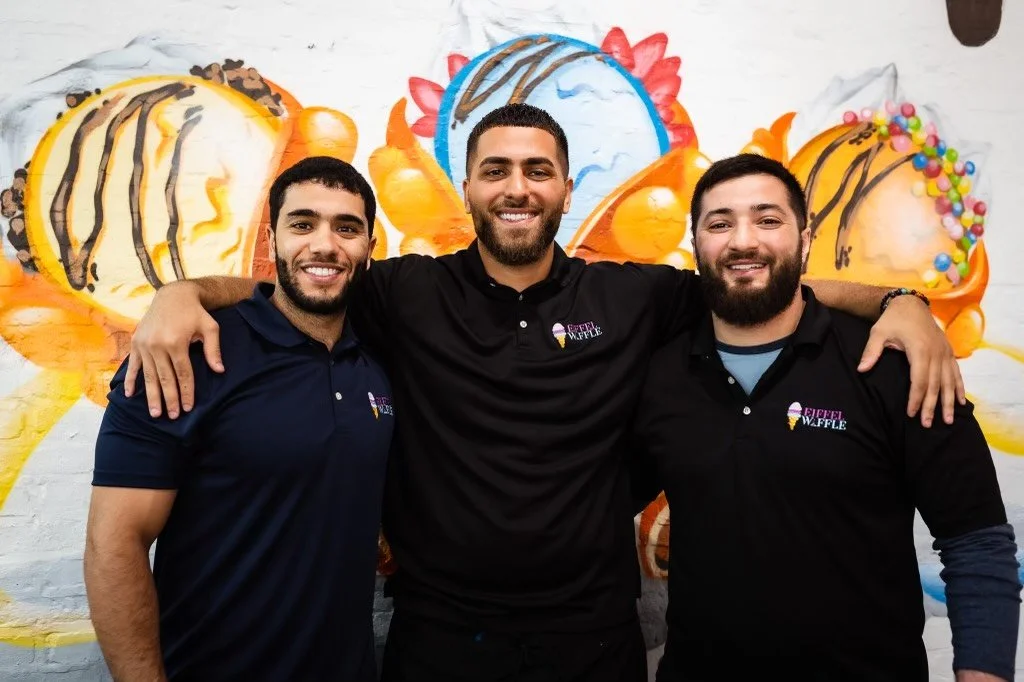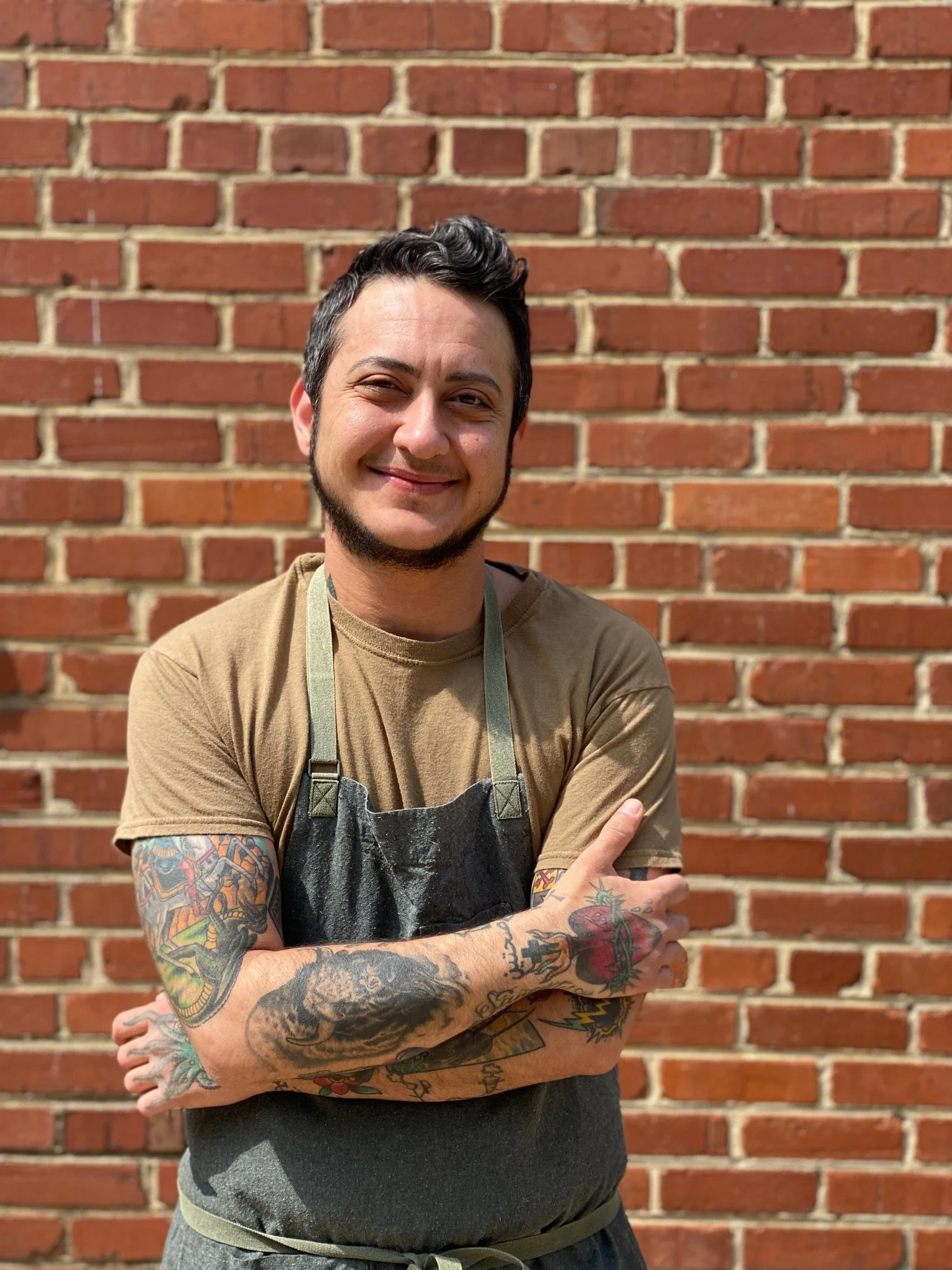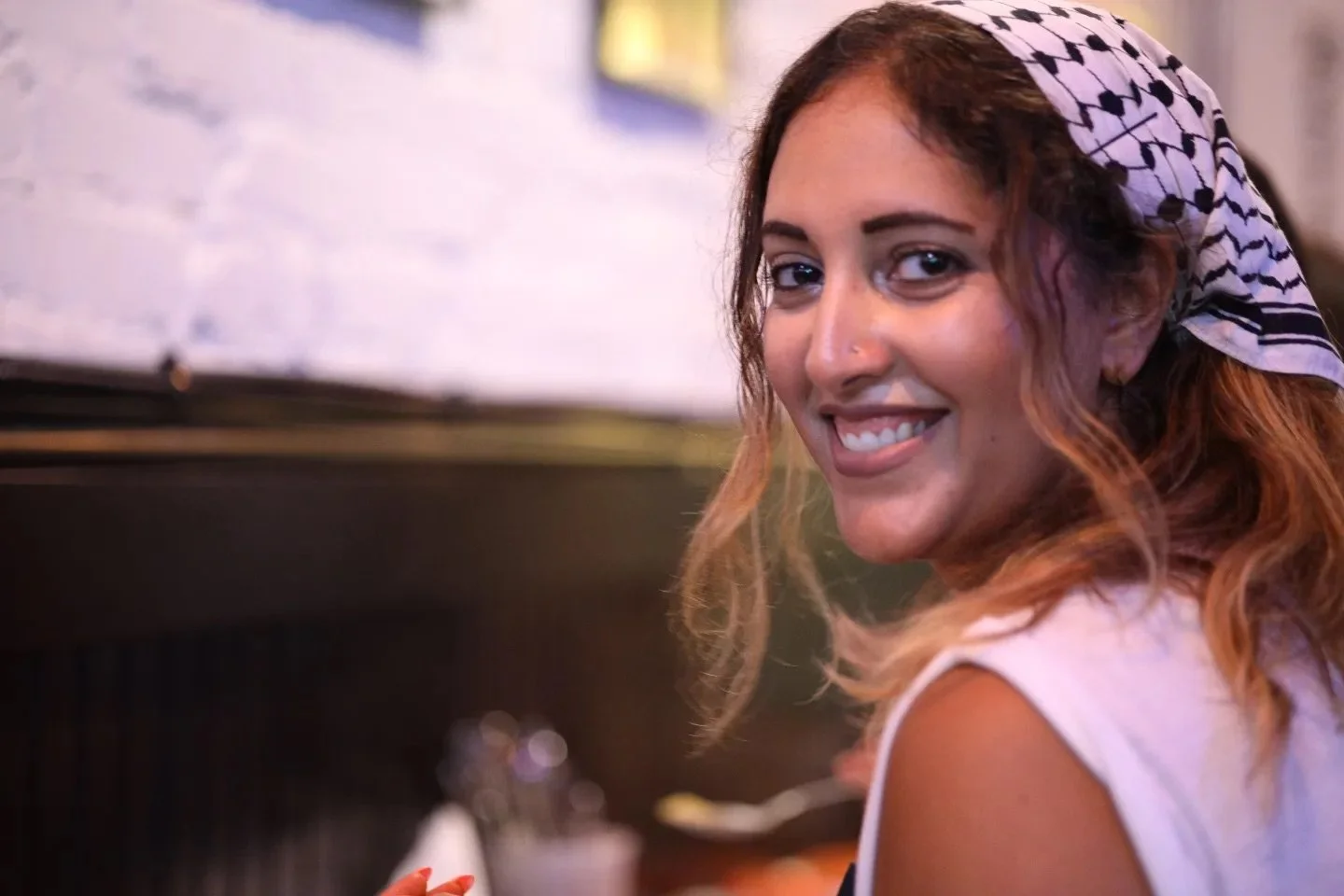Ghunim is currently accepting requests for film festivals to screen her most recent and highly anticipated work, Traces of Home, a documentary about her family that “explores migration, trauma and identity through an intimate family journey.” After years in the making, the film is expected to be completed by fall 2023.
Palestine in America
Palestine in America Inc NFP is a nonprofit organization dedicated to creating print and digital magazines that highlight Palestinians in the Unites States. We also pride ourselves on being a platform for Palestinian journalists to jumpstart their careers.
We just published our 15th edition. Please consider becoming a monthly subscriber or ordering our print and digital magazines individually to support our work.
If you have a tip or would like to submit work for an upcoming issue, email us at info@palestineinamerica.com


